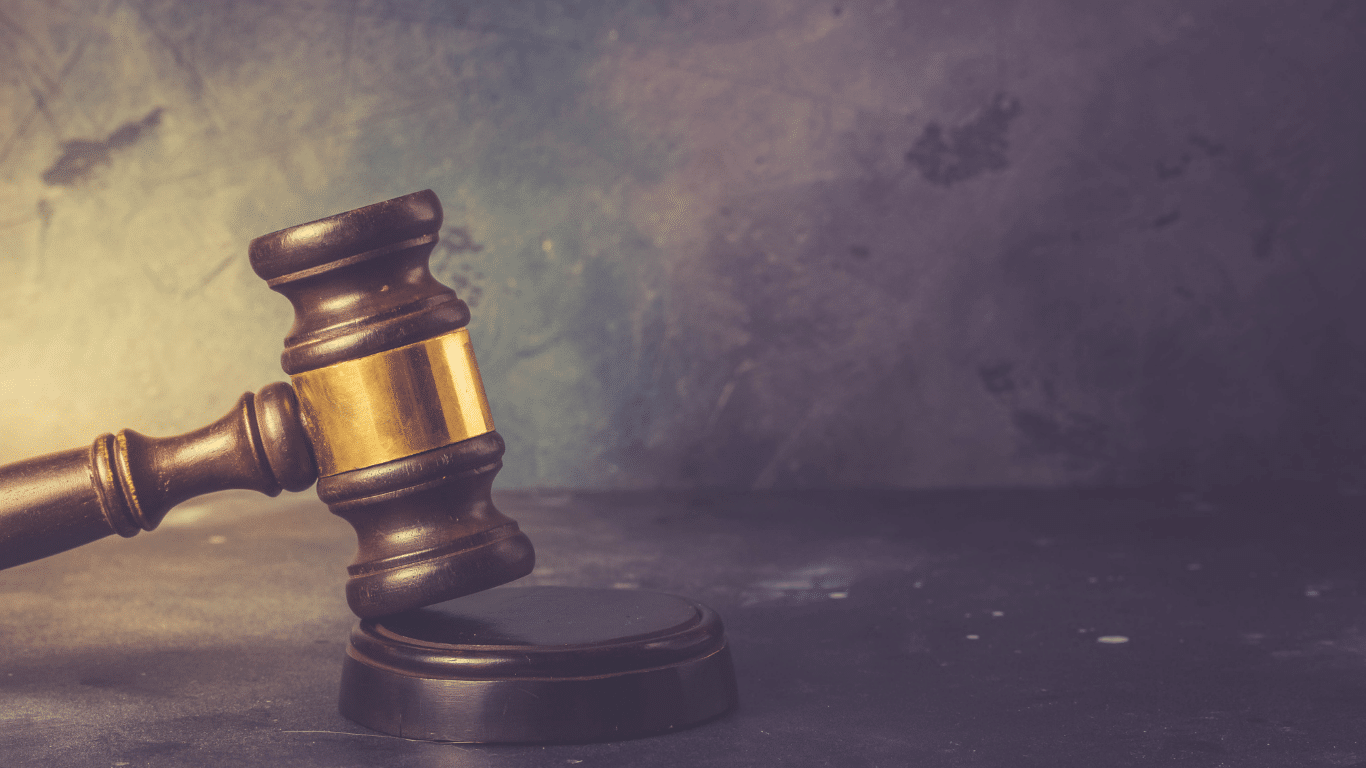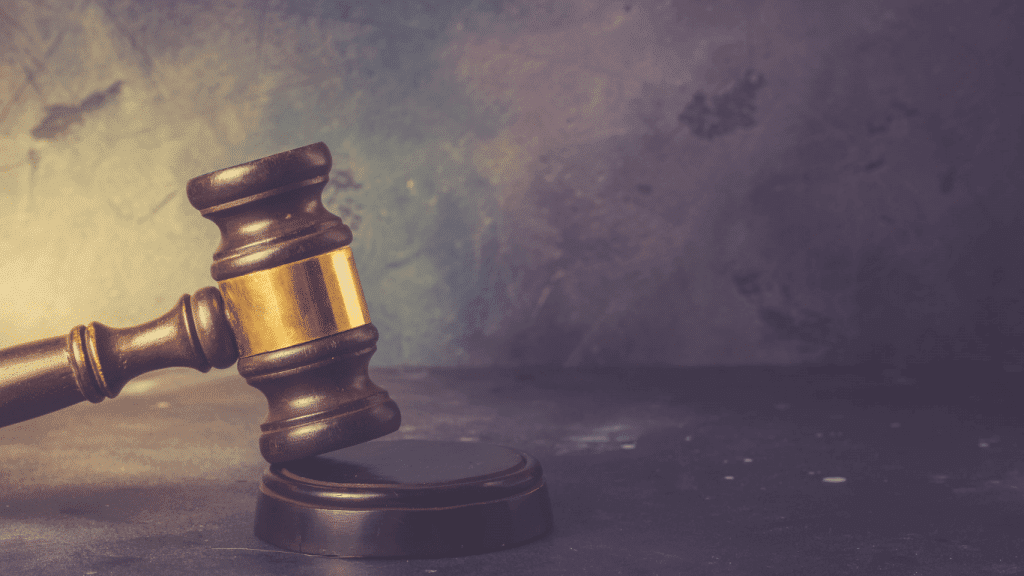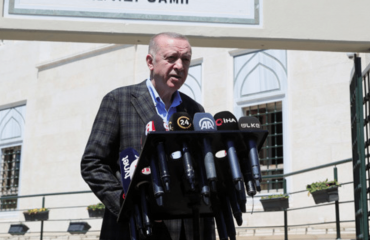

“Peace at home, peace in the world” said Atatürk, the founder of Modern Turkey. Having fought in North Africa, Middle East, Balkans, Gallipoli during the collapse of Ottomans and in Anatolia where he founded Turkey, he had seen the disastrous destruction of international hostilities that war brings to humanity and civilisations. This is what we are seeing with Russia’s invasion of peaceful Ukraine bringing catastrophic destruction, human tragedy, and instability.
Well aware of the destruction that aggression causes, and the benefits peace brings, nations do not naturally resort to aggression.
More often it is the ambitious and autocratic leaders who cause to wars. When they are unchecked, not accountable, and not limited by the will of their people leaders become autocratic and may resort to war. With the small number of people, they encircle themselves autocratic rulers turn their societies against others in order to justify their personal ambitions. Democratically elected leaders cannot easily lead their nations to ward provided they are properly shackled by the rule of law unless they mislead their public with disinformation.
Foundations of peace at home are justice and freedoms that enable societies to restrict their leaders rather than the leaders’ oppressing societies. Indeed, it is failure of justice systems, failing to protect freedoms and prevailing the rule of law on leaders and rulers that breeds hostilities between nations.
Therefore the world must learn from the clashes around the world the latest in Ukraine that justice systems efficient in establishing justice, securing freedoms and able to hold rulers to account is not an academic debate but crucial for peace at home and in the world. Let us hope that Ukraine’s brave fight for its future is also for justice and freedoms that will bring peace at home and in the world.
Violence starts with poor justice systems
Lack of justice and freedoms causes unrest in any society. We have seen people take to maidans and streets to demand greater freedoms in North African countries, in the Arab peninsula, in Iran, Kazakhstan and Belarus to name but a few.
This is more than a domestic problem. Governments unwilling to provide these basic human rights become more authoritarian and state oppression rises to contain popular discontent. The public will be deprived of a voice in the running of their own country. Unchecked, autocratic leaders will grab and monopolize state power. Such oppressive autocratic regimes inevitably turn into a security concern for the international community.
As the old Turkish saying puts it: justice is the foundation of the state. This sentence is displayed in all Turkish courtrooms. In this context, there is a cycle of justice and taxes – a powerful state depends on a strong army; a strong army relies on taxes; taxes on businesses and businesses depend on justice in the society-. The old Turkish state tradition of khans and emperors appearing before judges as equals with their subjects and giving account of their rulings emanates from this notion. The most famous is the one that Fatih Sultan Mehmet the Conqueror who was given a severe punishment – chopping of his hands- against a Greek architect.
This is the kind of symbolic justice that people deserve. There will be no end to social unrest unless every nation can reach the same or similar standards of justice and governance.
It is our strong belief that judiciary’s function must be carefully designed so that people can trust that it will efficiently protect their rights and freedoms and will hold their leaders accountable.
The basics of realizing justice
We at the Better Justice Association (BJA) have done extensive research into the best ways to ensure strong justice systems that people can trust. In this article, I will discuss the key recommendations – we hope to contribute to this valuable debate and offer ideas that may contribute to stronger, peaceful democracies around the world.
The Judiciary is the most important function of a state as it ensures the rule of law and has a duty to impose checks and balances on the executive. To be able to perform its duties the judiciary must be properly functioning, efficient, accountable, and independent.
Regulating for quality judicial services
Judiciary’s services need to be properly defined and regulated by a regulatory institution. It should be central to judiciary and truly independent of the executive and the legislature. Because in order for the judiciary to protect the freedom and basic rights of the people independence is the most important element of the judiciary’s functioning. Such an institution should deal with all aspects of judicial services and treat independence as the first and absolute condition for quality judicial service.
We at the Better Justice Association propose that the best way to achieve that is by establishing a Supreme Authority of Justice “SAoJ”, a new type of independent regulator.
Judicial Professional Associations
Judicial service providers should be independently organised into distinct associations for every judicial profession. They must be taken outside the political influence sphere, be truly accountable and subject to judicial review. Each association should be managed by their democratically elected members. They should be given duties to develop the profession and to defend the rule of law and judicial independence.
Accountability and judicial review of the judiciary
The judiciary also should be held accountable for its achievements and failures. It should aim to improve service quality and to prevent abuses of judicial privileges. Accountability of the judiciary must not be entrusted to the executive because there is a clear conflict of interest between the judiciary and the executive. Instead, accountability should be addressed thoroughly through several other means.
First means of judiciary’s accountability is the judicial review of its administration. Any member of the public should be able to trigger the judicial review and at no cost. For this purpose, the BJA proposes to establish a dedicated Supreme Court of Justice, “SCoJ”.
Abolition of preconditions for prosecutions
Under the auspices of political immunity, leaders and a great deal of public servants try to get out of accountability and equality before the law. Instead, they may wish to hide many of their dealings that could constitute illegal behaviors from the public and the reach of the judiciary. This creates the dark and gray areas that rulers maneuver in to manipulate the society and conceal their potential offences.
The sensitivities of high-level rulers’ duties cannot be a reason to avoid accountability or to justify immunities from or preconditions for prosecution. Instead, what we need is special procedures before specialised expert courts. In ensuring the proper and unconditional accountability of the rulers, the Supreme Court of Justice proposed by the BJA or a similar judicial authority should be made the backbone of government accountability.
To sum up, peace and stability around the world starts with efficient legal systems that public can trust that it will protect their rights and freedoms. This can only be delivered with an efficient, accountable, and independent judiciary and proper regulation of the judiciary to provide the people with quality services.
Now is the time for nations to review their justice systems and see if there is a better way – or we will see more tragic conflict in the future.


